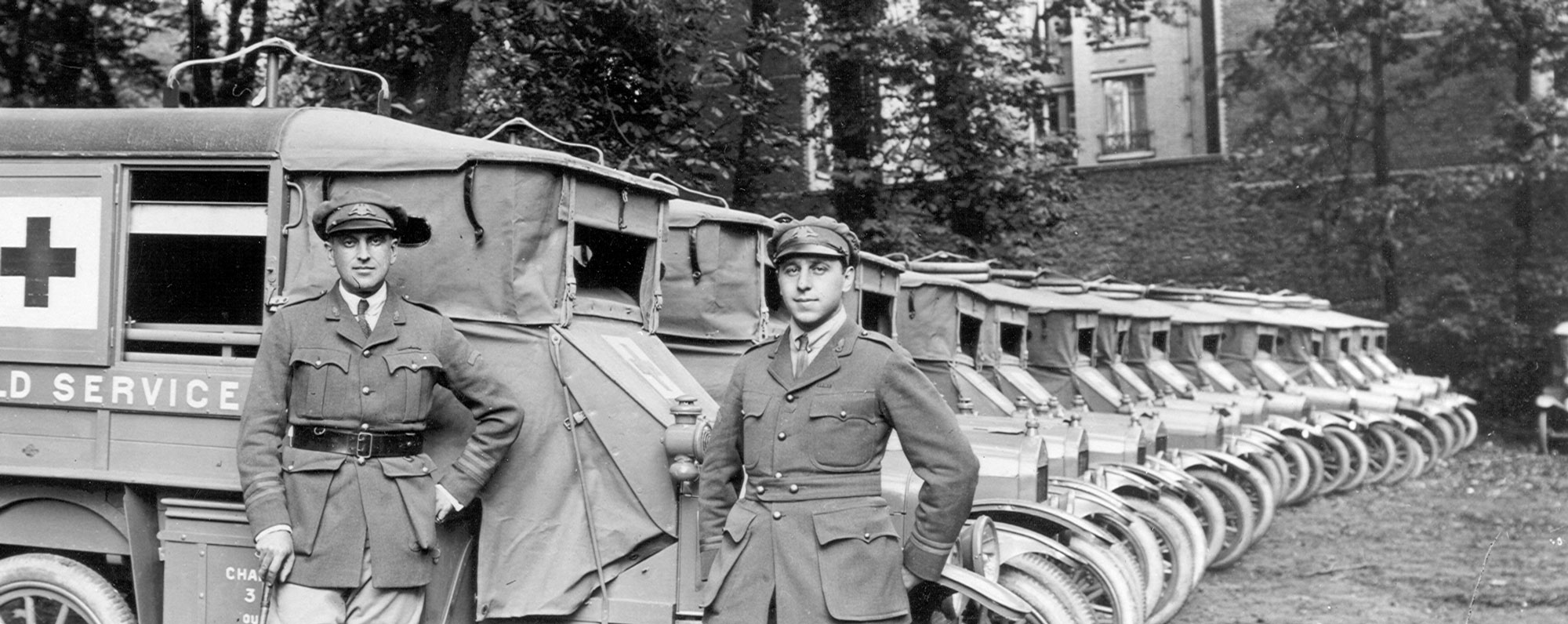
The AFS Foundation
The AFS Foundation assists AFS International and its affiliates worldwide in all aspects of intercultural exchanges.
The Foundation’s most important responsibility is to secure the existence and the continuity of the AFS network. This includes preserving the legacy consisting of the AFS marks and historical material. In this way the Foundation seeks to promote a better understanding of the organization’s history that dates back to World War One.
The AFS Foundation was established on July 13th, 2004 in Zurich to protect the AFS Legacy. The AFS International Board of Trustees endowed the foundation and appointed the first Foundation Board.
At the constituting meeting that took place the very same day Ward Chamberlin stated “the Foundation is another important step to establish the AFS global community ”.
He further noted:
It is fitting that today we are establishing an AFS Foundation, on the day of the fortieth anniversary of the death of Stephen Galatti, who founded the AFS programs and whose inspiration has been the basis of all we have accomplished with the AFS global network in the years since his death. We dedicate this Foundation to his memory and to the worldwide struggle for peace to which he devoted his life.
Ward Chamberlin
Objectives of the AFS Foundation
In accordance with its charter the AFS Foundation
- assists AFS international and its affiliates worldwide in promoting intercultural exchanges
- endeavours to preserve the legacy of AFS and The American Field Service
- holds the AFS name and logo and related intellectual property and licenses them.
Our most important task is to secure the existence and the continuation of the worldwide AFS network.
This includes maintaining the AFS trademarks and saving historical material, as well as advancing the understanding for the history of AFS that reaches back to World War One.
Activities of the Foundation
The AFS Foundation was established in 2004. One of its main goals is to preserve the legacy of AFS.
To that effect, the AFS Foundation has acquired the APA Papers from the A. Piatt Andrew estate in 2007, preserving some important documents from the early period of AFS.
Between 2012 and 2014, the AFS Foundation has created a virtual museum to document the history of AFS and let more than 500’000 former AFS exchange students, as well as their host families, revive their memories. The virtual museum consists of individual rooms (in 3D) for each decade, up to the nineteen-nineties. Typical items placed in the period room give access to picture galleries, video clips and audio recordings. An extensive library holds thousands of books and documents. The Virtual Museum went online in November 2014 and was first presented to the AFS community during the Centennial World Congress in Paris. It is an ongoing project, growing over time.